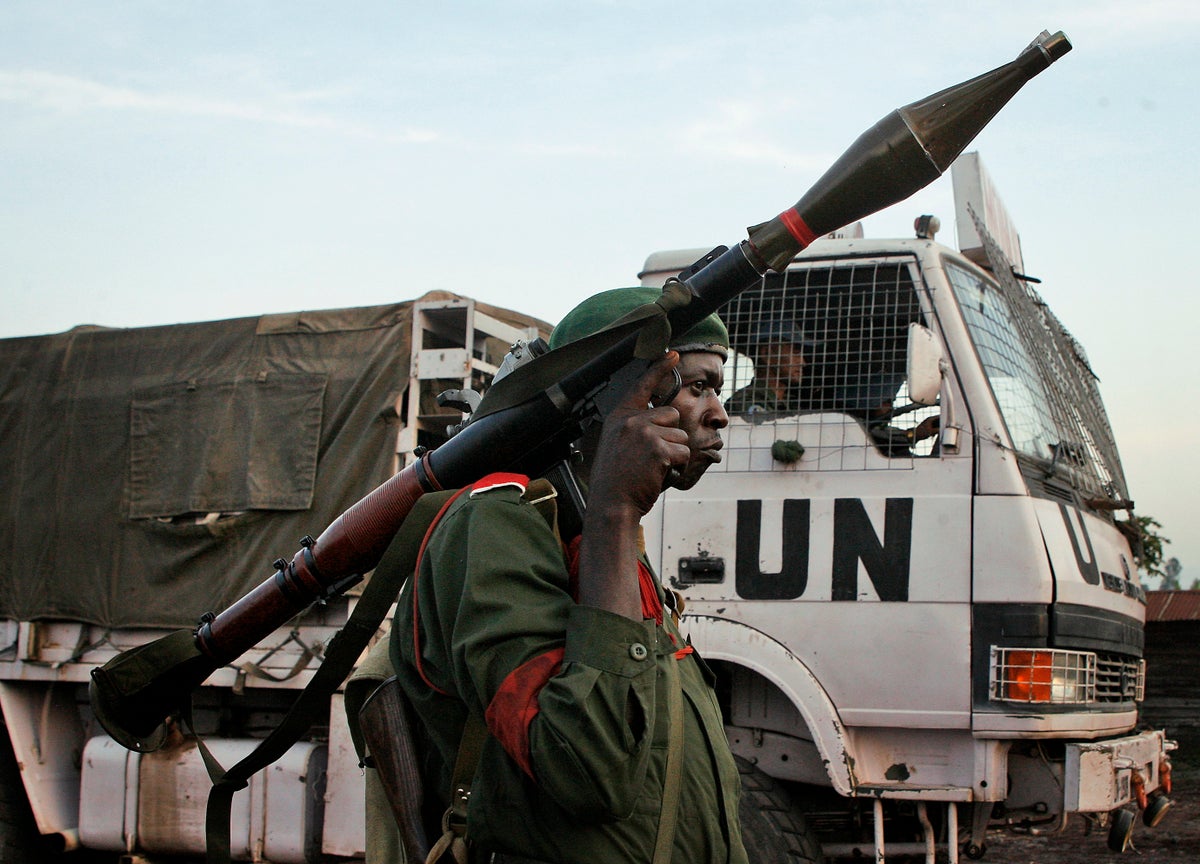
Congolese security forces and rebel groups have agreed on a 72-hour cease-fire to de-escalate tensions in the country's hard-hit east near the border with Rwanda, the White House announced just days before Congo's presidential election. But some of the region's many rebel groups quickly distanced themselves, and neither government commented.
The agreement was backed by both Congo and Rwanda, a spokeswoman for the White House National Security Council, Adrienne Watson, said in a statement Monday. The most prominent rebel group is the M23 with links to Rwanda, a major source of tension between the neighbors even as Rwanda denies supporting the rebels.
The U.S. said the agreement includes the withdrawal of forces occupying the locality of Mushaki — seized this month by the M23 — and the RP1030 road, a main supply route in eastern Congo. The wider region has struggled with conflict for decades as more than 120 armed groups fight for control of mineral resources or to defend their communities.
On Tuesday, some of the rebel groups distanced themselves from the agreement, saying it “does not concern us” but instead involved the Congolese and Rwandan governments.
“We no longer trust these kinds of decisions because this is not the first time that a cease-fire has been declared,” Héritier Ndange, spokesman for the Alliance of Patriots for a Free and Sovereign Congo, told a press briefing attended by other groups.
Neither Congo nor Rwanda has publicly commented on the cease-fire, which the White House said would help “advance the implementation of the confidence-building measures to protect civilians” as Congo prepares for the Dec. 20 election.
“The U.S. government will use its intelligence and diplomatic resources to monitor the activities by armed forces and non-state armed groups during the cease-fire,” the statement added.
The M23 rose to prominence 10 years ago when its fighters seized Goma, eastern Congo’s largest city on the border with Rwanda. Congolese President Felix Tshisekedi has often accused Rwanda of destabilizing Congo by backing the rebels. U.N. experts have linked the rebels to Rwandan forces.
Tshisekedi, who seeks another term, earlier said rebel-controlled territories might not participate in the vote for security reasons.
The top United Nations official in Congo warned on Monday that tensions between Congo and Rwanda have escalated, heightening the risk of a military confrontation.
Congo’s government insists on the withdrawal of U.N. and regional peacekeeping forces from the region, saying they're ineffective, and some have started to leave the country.







